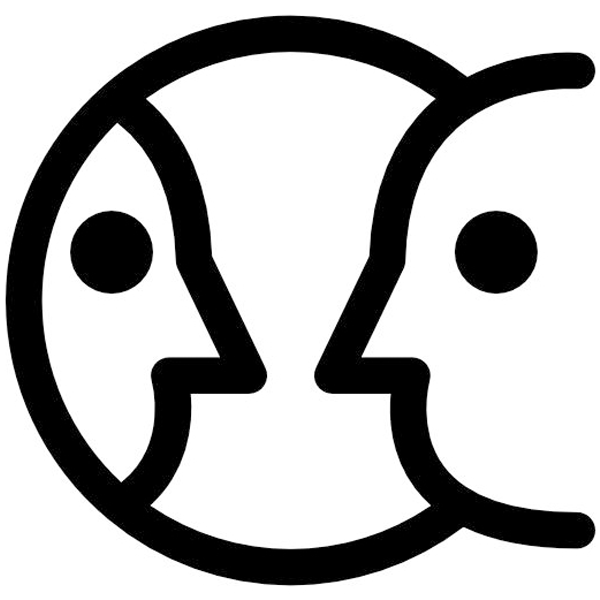TELLUZ
How ethical is your organization?
1. Moral Compass
The moral compass of employees within an organisation is a reflection of their personal beliefs about right and wrong. It encompasses the ethical norms, values, and principles they adhere to when making decisions and carrying out their tasks. The first round of the Telluz scan maps out their moral compass. The management needs to understand and know this moral compass as it enables them to steer towards desired behaviour.
Steering towards desired behaviour requires a combination of clear communication, role modelling, and positive reinforcement. Management must explicitly state ethical-conduct requirements and ensure they are consistently communicated. Management also has to lead by example, exhibiting integrity and addressing dilemmas in an ethically responsible manner.
Understanding and knowing employees’ moral compass also provide valuable insights in developing training programmes and ethical guidelines. By considering employees’ perspectives and values, these initiatives can be better tailored to individual needs and more effectively contribute to positive behavioural change.

2. In practice
In the second round of the Telluz scan, users are asked whether they have observed any unethical behaviour within their organisation and, if so, with what frequency. This specific part of the scan aims to evaluate whether the previously defined moral compass aligns with actual practice.
By asking employees about their observations of unethical behaviours, a clearer picture of what is actually happening emerges. It provides insight into any potential gap between the desired ethical norms and values, as established in the moral compass, and the actual behaviour observed.
This measurement of perceived behaviour is very important as it enables the organisation to address potential shortcomings in the practice of integrity. It empowers management to develop targeted interventions, such as adjusting policies, implementing training programmes, or enhancing employees’ ethical awareness.
Measuring the alignment between the defined moral compass and the actual practices gives the organisation the opportunity to further improve and tailor integrity policies and initiatives to the organisation’s real needs and challenges. It also fosters a culture of openness and transparency, encouraging employees to honestly report behaviours that do not align with the desired integrity standards.
3. Self-Reflection
Self-reflection on one’s own moral compass is a challenging task that requires a certain level of openness and introspection. It involves critically examining one’s own beliefs, values, and behaviour, and being willing to honestly look at oneself. Though this can be difficult, it is crucial for personal growth and development. In the third round, the Telluz scan assesses the capacity for self-reflection on one’s own moral compass.
Self-reflection enables individuals to evaluate their own behaviour and decision-making processes in light of ethical norms and values. It allows them to become aware of any inconsistencies, inner conflicts, or blind spots. Through deeper reflection, one can discover which values and principles are truly important and which might need attention.
Furthermore, self-reflection can also have positive effects on interactions with others. It enables individuals to develop empathy, listen better to others’ perspectives, and collaborate more effectively. It contributes to building trust and fostering positive relationships, both professionally and personally.

4. The Solution
It is crucial for participants to voice their opinions on which intervention they consider most appropriate to redirect unethical behaviour and elevate integrity to a higher level. This is because each intervention has its own dynamics and outcomes, and it is essential to choose the right approach based on the specific situation and needs of the organisation.
In the fourth round of the Telluz scan, participants are asked which intervention they deem most suitable to elevate the level of integrity within the organisation.
By giving participants a say, their engagement is increased, and they can feel ownership of the change process. They may have different perspectives and experiences that are valuable in identifying the most effective intervention.
